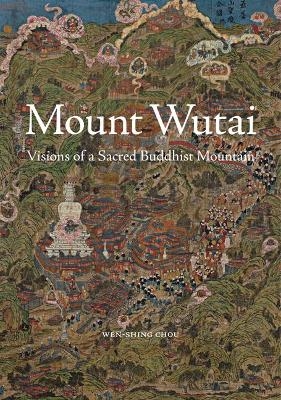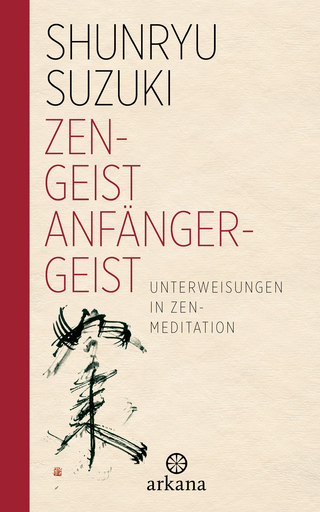
Mount Wutai
Visions of a Sacred Buddhist Mountain
Seiten
2018
Princeton University Press (Verlag)
978-0-691-17864-6 (ISBN)
Princeton University Press (Verlag)
978-0-691-17864-6 (ISBN)
The northern Chinese mountain range of Mount Wutai has been a preeminent site of international pilgrimage for over a millennium. Home to more than one hundred temples, the entire range is considered a Buddhist paradise on earth, and has received visitors ranging from emperors to monastic and lay devotees. Mount Wutai explores how Qing Buddhist rulers and clerics from Inner Asia, including Manchus, Tibetans, and Mongols, reimagined the mountain as their own during the eighteenth and nineteenth centuries.
Wen-Shing Chou examines a wealth of original source materials in multiple languages and media--many never before published or translated—such as temple replicas, pilgrimage guides, hagiographic representations, and panoramic maps. She shows how literary, artistic, and architectural depictions of the mountain permanently transformed the site's religious landscape and redefined Inner Asia's relations with China. Chou addresses the pivotal but previously unacknowledged history of artistic and intellectual exchange between the varying religious, linguistic, and cultural traditions of the region. The reimagining of Mount Wutai was a fluid endeavor that proved central to the cosmopolitanism of the Qing Empire, and the mountain range became a unique site of shared diplomacy, trade, and religious devotion between different constituents, as well as a spiritual bridge between China and Tibet.
A compelling exploration of the changing meaning and significance of one of the world's great religious sites, Mount Wutai offers an important new framework for understanding Buddhist sacred geography.
Wen-Shing Chou examines a wealth of original source materials in multiple languages and media--many never before published or translated—such as temple replicas, pilgrimage guides, hagiographic representations, and panoramic maps. She shows how literary, artistic, and architectural depictions of the mountain permanently transformed the site's religious landscape and redefined Inner Asia's relations with China. Chou addresses the pivotal but previously unacknowledged history of artistic and intellectual exchange between the varying religious, linguistic, and cultural traditions of the region. The reimagining of Mount Wutai was a fluid endeavor that proved central to the cosmopolitanism of the Qing Empire, and the mountain range became a unique site of shared diplomacy, trade, and religious devotion between different constituents, as well as a spiritual bridge between China and Tibet.
A compelling exploration of the changing meaning and significance of one of the world's great religious sites, Mount Wutai offers an important new framework for understanding Buddhist sacred geography.
Wen-Shing Chou is assistant professor of art history at Hunter College, City University of New York.
Acknowledgments ix
Introduction 1
1 Imperial Replicas 17
2 Miracles in Translation 51
3 Landscape and Lineage 79
4 Panoramic Maps 121
Coda 165
Appendixes 173
Notes 179
Bibliography 207
Index 223
Photo Credits 226
| Erscheinungsdatum | 26.03.2018 |
|---|---|
| Zusatzinfo | 88 color + 31 b/w illus. |
| Verlagsort | New Jersey |
| Sprache | englisch |
| Maße | 203 x 292 mm |
| Gewicht | 1247 g |
| Themenwelt | Kunst / Musik / Theater ► Kunstgeschichte / Kunststile |
| Geisteswissenschaften ► Religion / Theologie ► Buddhismus | |
| Naturwissenschaften ► Geowissenschaften ► Geografie / Kartografie | |
| ISBN-10 | 0-691-17864-X / 069117864X |
| ISBN-13 | 978-0-691-17864-6 / 9780691178646 |
| Zustand | Neuware |
| Informationen gemäß Produktsicherheitsverordnung (GPSR) | |
| Haben Sie eine Frage zum Produkt? |
Mehr entdecken
aus dem Bereich
aus dem Bereich
Unterweisungen in Zen-Meditation
Buch | Hardcover (2024)
Arkana (Verlag)
20,00 €


